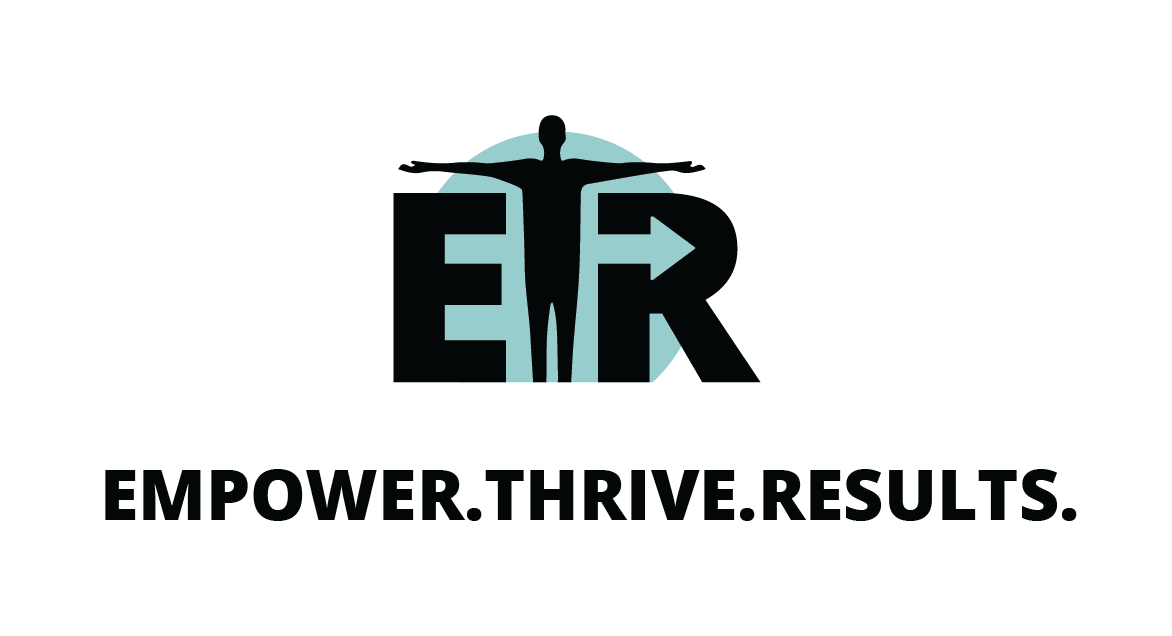On a mission to empowering millions to get results, live fully and thrive!
HOW TO GET ALONG WITH PEOPLE
Never Criticize or Blame
People don’t usually criticize themselves because they look at themselves through a different lens. Therefore, offering criticism is not the best way to inspire sustained positive change and to get along with people. Naturally any rational human being wants to improve his or her current situation. However, criticizing usually does more harm than good.
Unless you are asked, keep your opinion to yourself. If you must offer an opinion keep it objective, constructive and let the intent be to encourage a positive outcome. This is important because deep down most people want to improve their situation. Let your words be encouraging. Let your words elevate instead of put-down. Give examples of when the recipient has done well. Remind the recipients of their strengths if you know them well enough. You can offer an opinion by giving ideas on how you would handle the situation or examples of what others have done in the past. Make it constructive and progressive.
Think of it this way: How can you be so constructive that the recipient will be positively motivated to act and to want to come back and share the results with you. Do it in such a way that would make the person look back and consider you a mentor rather than a nag.

Get Over Unjust Criticism, Move Forward
Another way to get along with people is to do away with criticism that seem unjust. When you are unjustly criticized, remember that it is often because it gives the doer some level of importance. Another way to look at it is that you are doing something worthy of attention. Remember that no one ever kicks a dead dog. Look at unjust criticism as some form of compliment. While constructive criticism is good for growth, don’t allow unjust criticism to weigh you down. Let it roll off you as quickly as it came.
Remember these words from Abraham Lincoln:
”If I were to try to read, much less to answer, all the attacks made on me, this shop might as well be closed for any other business. I do the very best I know how – the very best I can; and I mean to keep on doing so until the end. If the end brings me out all right, then what is said against me won’t matter. If the end brings me out wrong, then ten angels swearing I was right would make no difference.”
A fundamental gauge is your heart – that itch you are having or that’s constantly running through your mind. Do what feels right and that connects with your soul. Then, raise your head high and walk taller. Remember. People will always talk and that’s something you have no control over. But you have control over what you think, feel or do.
Be a Positive Influence
Another thing to note when figuring out how to get along with people is to be conscious of how you make others feel when you interact. One’s attitude towards another person is usually a reflection of one’s attitude towards oneself. If you are usually hard on yourself, you are likely to be hard on others. If you are not entirely happy with yourself, you are likely to be unhappy with others. A change in your attitude and how you see things is the first battle that must be won when trying to influence someone positively.
- Be nicer to yourself. Don’t beat yourself up repeatedly. With a change in your attitude, people will start to see you differently and want to be around you more.
- Treat people with respect because that’s how you want to be treated.
- Train yourself to hold-back the first thing that comes to your head. It takes a stronger character of self-control because it is a lot easy to simply react to things.
- While people don’t enjoy criticism, deep down they do not want to be flattered either. Instead, provide honest appreciation. People want to be appreciated often because it reinforces the beliefs they already have of themselves or a reassurance that they are doing the right thing or going the right path.
- Be quick to praise and to show appreciation.
- Be slow to anger. Who would you prefer to hang out with? The person that makes you feel important or one that makes you feel inadequate?

- Drive your ego far away and fight off every urge to feel important or superior. Be sincerely humble, listen and be present. Most people like to talk about themselves. So, listen and enjoy the conversation by being present and fully engaged.
- Be genuinely interested in other people. Being interested opens the mind to possibilities and is a great source of ideas to learn about the interests of others. Most great communicators, story tellers, writers or inspirational speakers are usually genuinely interested in people because they learn so much from listening and being present.
- To influence anyone, you need to know what makes them tick. Focus on what people want not what you want them to want. Understand and see things from their lenses. Do you understand what drives them? What do they really want? Then, help them get it. For example: A better way to help someone stop a bad habit is to link the habit as an inhibitor to the thing they want dearly. You can inspire a smoker, who cares deeply about his/her children, to stop smoking by reminding him/her of the likelihood of not seeing these kids grow to become adult if he/she continues to smoke.
Win People Over
When it is important to win people over to an idea, you don’t want to be antagonistic or be a know-it-all. Listen to them, understand their perspective. Take them from a level of hostility to a level of understanding; prepare their minds. Start out friendly.
Create alignment first and let the facts speak! Start out by touching on subjects and aspects in which you agree. Starting a conversation by putting people’s minds in a negative state will make it a lot harder to get them to listen let alone agree on subsequent subjects because their minds are already primed to say No.
Did you know that some people will deliberately be unreasonable just to stand their guard because of their pride, prejudice, fear, jealousy and so on? Some are even mismatchers, who look for ways in which what you've presented is flawed. It won’t hurt by showing them your vulnerable side if it is relevant to prepare their minds. Let the facts speak and do the convincing.

Closing Remarks:
- Words are powerful because they can make or break people. They often cut deep and can shatter dreams or destroy friendships and associations. We often remember the bad more than the good. So, make your encounter with each person a good one. Make it as memorable as possible.
- Choose your words wisely and do it with love.
When in doubt, think of how you would want to be treated.
- Don’t judge people. Always look at yourself first. Don’t act as if you have never gone astray or done something wrong before.
- Acknowledge and respect people’s opinions. Never say they are wrong because if you do, you are not preparing their minds to listen to you let alone gain their support.
- Never set-out to be right or to prove someone wrong. Help them save face. Don’t embarrass someone in the public. Pull them aside, be respectful and offer constructive remarks.




